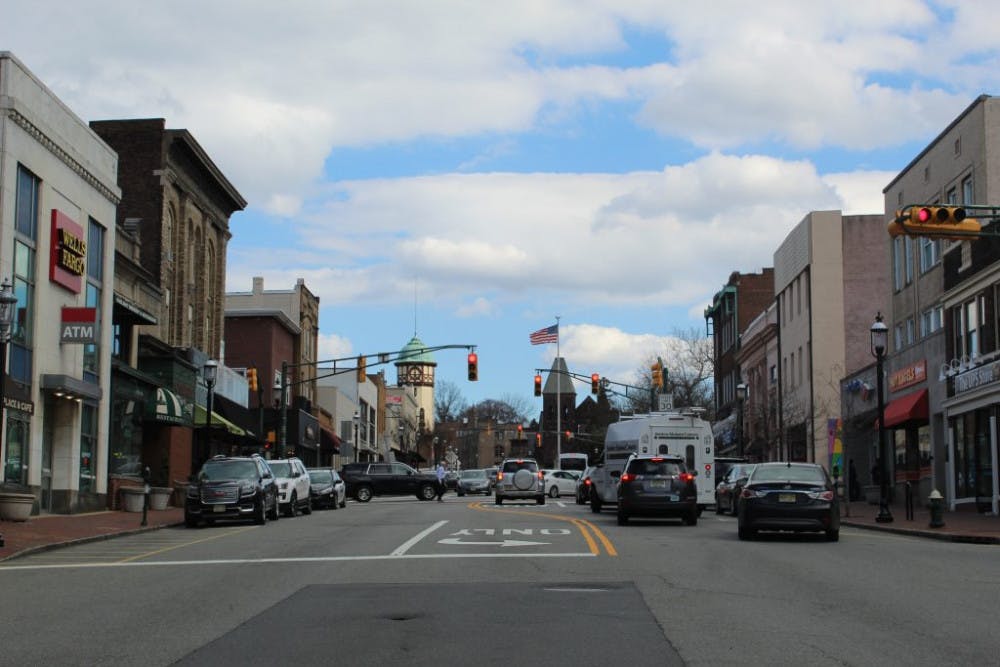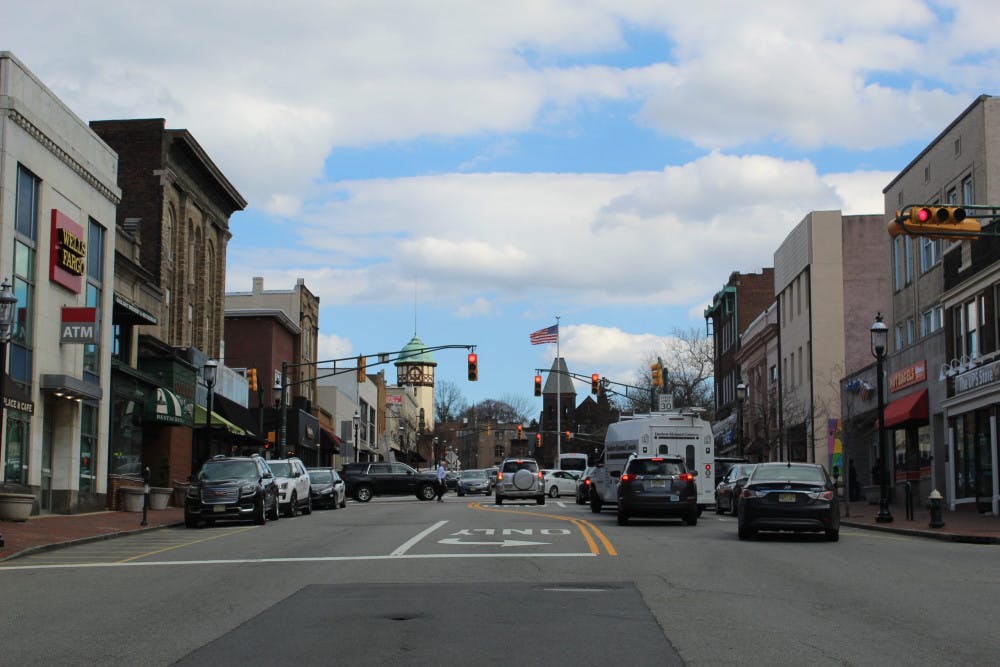Cuts to numerous departments have been proposed due to revenue loss caused by the coronavirus pandemic, according to the South Orange Village’s proposed municipal budget for 2020.
According to the South Orange 2020 Municipal budget presentation the coronavirus pandemic led to an estimated revenue loss of $1.8 million for the South Orange Village. Village President Sheena Collum said this revenue loss was calculated by going to each department head and having them do their best to give an estimate of their finances for the next three months.

“We went to each of the department heads and asked them to take a snapshot of at least three months and do their best to anticipate after three months what that would look like for their respective department,” Collum said. “A great example right now is that in the middle of the pandemic we are not really issuing parking violations and things of that nature. We are trying to be very flexible with people and work in good faith with them. So that’s the type of revenue you don’t get back.”
Kevin Harris, the village clerk for South Orange, also talked about how the revenue loss created by COVID-19 made the need for a smaller budget.
“A lot of work went into the budget in a sense that whenever you come up with a budget you are hoping that you’ll realize revenue that you didn’t necessarily realize from the last year while also hoping to at least match what you made last year,” Harris said. “However, when COVID-19 hit, we lost a lot of revenue due to revenue fees from the clerk’s office from recreation from the building department, so it was necessary to trim the budget.”
The South Orange 2020 Municipal budget presentation, which can be found on the South Orange Village website, mentions an overall tax levy increase of 2.72%, cuts to anticipated new hires in numerous departments, and “general operating & salary and wage appropriation cuts”.
The fire department and police were among the departments that had cuts to anticipated new hires. For example, the budget presentation said the fire department will have new hires for the coming year reduced to three instead of six.
Patrick Linfante, the director of public safety at Seton Hall, was asked if he thought any of these proposed budget cuts—especially cuts to services like the fire department—would impact student safety.
“At this time, I have no reason to believe that this will affect the University’s public safety services,” Linfante said.
Collum said when deciding what budget cuts to make, they looked at every area of their budget and had two main goals in mind: keeping everyone employed and limiting the impact on taxes.
“We looked pretty much everywhere,” Collum said. “We had two primary goals. First, to make sure that every single employee could remain employed and we didn’t have to revert to any furloughs or layoffs or demotion within our table of organization. Then, the second component was limiting the tax impact for our taxpayers.”
According to Collum, at this point in time, she does not think more budget cuts will be necessary. However, she said there is still some uncertainty about the situation.
“We may have to go back to our budget again and reevaluate depending on how far this virus continues and any orders from the governor,” she said.
Harris said he does not necessarily see the budget needing to be cut further.
The budget is scheduled for possible adoption at a public hearing and second reading on June 8.
“I don’t necessarily see the budget being cut any further,” Harris said. “There may be some moving around within the budget. Once you approve it, once you adopt it you can’t really change that bottom-line number but you can probably do some transfers and things within accounts within the budget.”
Collum also talked about how the South Orange Village is aware of the financial hardships the pandemic has caused for many members of the community.
Collum said, “It’s difficult and we’re just trying to be mindful of understanding that so many people in our community have been adversely impacted financially. And we’re going to do our best to maintain services throughout this process and be very conservative with the expenditure of tax dollars.”
Genevieve Krupcheck can be reached at genevieve.krupcheck@student.shu.edu





